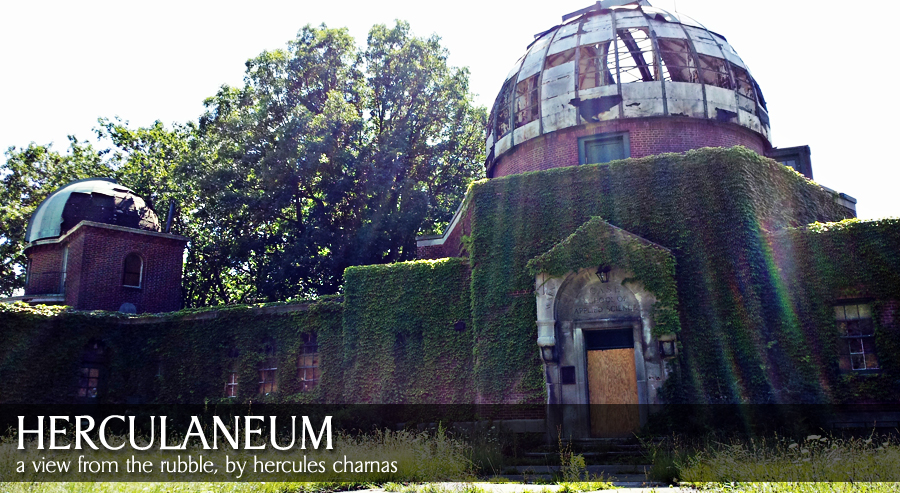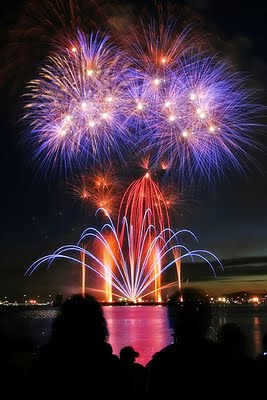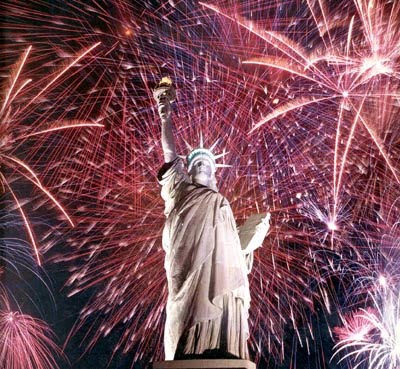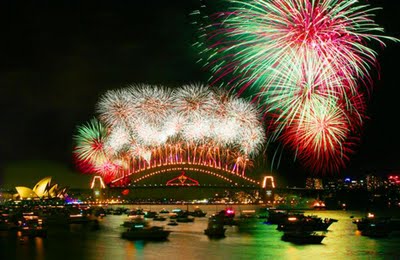Happy Sylvester Day, All You Hasenpfeffers! (And The Origins Of Our Light And Noise New Year's Celebrations)
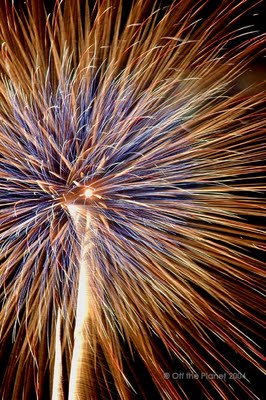
The origins of New Years Eve can be traced back to Neolithic peoples who tied the holiday to agricultural concerns and fertility. Centuries of devising calendars by ancient peoples resulted in a wide fluctuation of actual dates, yet the coming of the New Year was most often dictated by the cycles of the moon as well as a rebirth associated with the coming of spring. Each historical account contains certain common elements, such as the importance of light, resurrection, and self-examination. Contemporary New Years celebrations featuring feasts that include “good luck” dishes as well as the use of fireworks are products of an ancient past.
The Coming of the New Year in the Ancient World
Every ancient culture tied the coming of the New Year to nature, a logical decision given that ancient religious beliefs derived from the interaction of people with their environment. Anthropology professor Anthony Aveni cites the Egyptian belief that the festival of Isis

(Here is "Winged" Isis slipping and falling on her ass in her prom dress while still managing to balance a bunch of birds and knickknacks on her arms. She often complained of tennis elbow.)
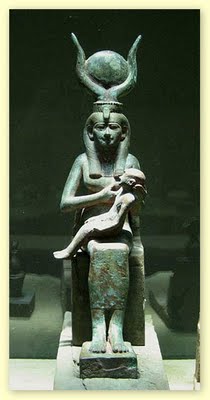
(Isis - attempting to balance a watermelon in between a giant barrette, or... a big ass Bobby Pin, while nursing her son Horus. Sheer talent and concentration in that goddess, I tell you.)
was closely linked to the coming of the New Year which coincided with the rising of the Nile River.
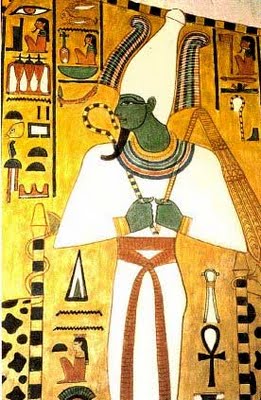
“It all emanates from the age-old myth of Osiris,” according to Aveni. (Here, Osiris is holding a giant leftover candy cane from Christmas to munch on later and a flail so that he can spank his own bottom when desired, all while sporting a spray-tan gone wrong, and boy did THOSE spray-tan technicians pay for fucking up. Green?? REAL NICE, PEOPLE! Real nice...)
Literature professor Dudley Young states that the ancient Greek idea of the “year spirit” or eniautos daimon was borrowed from Babylon. According to the Greek belief, New Years Eve coincided with the rebirth of

Dionysus (seen here skipping out of Macy's in CHANEL with a leopard stole that he didn't fancy paying for, 'cause you know... he's "Dionysus". And he had a spear, or a really long straw, so no one felt like stopping him. Plus, it was just fleece.) who is often depicted wearing two masks. In modern tradition, “Old Man Time” is frequently retired on New Years Eve as a younger incarnation ushers in the events of the New Year.
Aveni suggests that the changing of New Year to the end of December occurred in 153 BCE: “The New Year was reckoned by the first sighting of the crescent moon in the west after sunset following the winter solstice.” New Years in Rome was eagerly anticipated as soothsayers watched the skies for omens. Good omens precipitated a solemn procession of Roman leaders who then sacrificed a white bull.

In Germany, New Years Eve is still referred to as Sylvester. This dates back to the Medieval Catholic Church cycle which places the feast of St. Sylvester on New Years Eve. (Sylvester is the crazy bish on the right taking his ultra-badass triangle hat from Constantine, who happens to be the chump in the chair. I have NO IDEA who the guys are that are about to whomp Constantine in the head with the big plus sign and an umbrella. Does anyone know? They look mad.)
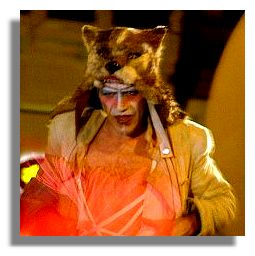
Pre-Christian Europe also recognized New Years Eve as the beginning or rebirth of another year. In Scotland, people celebrated Hogmanay, a folk custom featuring a young man donned in an animal hide going from door to door. The festival was accompanied by much noise as people BEAT the side of the hide. Noise drove away evil spirits. (I have a distinct feeling that no one wanted to play the part of "Hogmanay".)
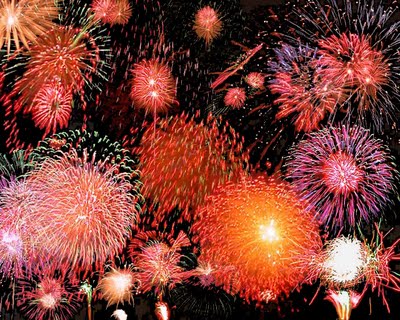
Everyone is familiar with the contribution of fireworks by the Chinese, whose New Year comes later. Fireworks were used to dispel evil, combining the two important elements associated with New Years Eve: light and noise.
(Origins of New Year's Eve/New Year's Day)
You'd think all the evil spirits would pretty much be gone by now, no?
*************************************
